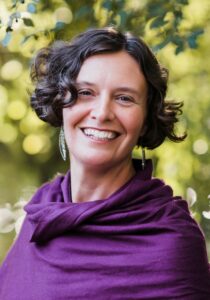 Today we’d like to introduce you to Stephanie Heit.
Today we’d like to introduce you to Stephanie Heit.
Hi Stephanie, thanks for sharing your story with us. To start, maybe you can tell our readers some of your backstory.
I was raised in Michigan in what I’d describe as an amphibious childhood where I spent equal amounts of time on land and in water. As a dancer, I consider Lake Michigan one of my earliest movement teachers. Witnessing the power of water to shape and shift rocks and shorelines, as well as change energies in a split second, was early training for how disability would shape and shift my life. As a young person committed to becoming a professional dancer and choreographer, I had my clear path interrupted by deep depression and multiple psychiatric hospitalizations. I had to drop out of college and was unable to walk around the block, much less dance. At this time, writing came in as another way to choreograph space on the page, only with words instead of movements. I ended up finishing college in dance and later a Master of Fine Arts in poetry, but my trajectory was not and has never been smooth or gravity-defiant.
Today, my creative disciplines include poetry and dance, as well as teaching. I also include in that list disability. I am bipolar, and my changing capacity within the fluxes of depression, mixed, and manic waves creates my own unique way of showing up in the world. Plenty of people use the medical language bipolar disorder or mental illness, but I no longer use that terminology. I quickly realized that this “illness” wasn’t going anywhere – it is part of me. Instead, I orchestrate my life in acknowledgement and respect, even celebration, of my way of being in the world that includes bipolar.
My most recent book PSYCH MURDERS (Wayne State University Press, 2022) is a collection of hybrid memoir poems about my experiences of psychiatric wards, shock treatments, suicidal ideation, and extreme bipolar states. It contains a murderer character that personifies suicidal ideation with sardonic humor; the murderer translates this often-deadly state into language that hopefully validates people’s experiences while making it understandable for those with little familiarity. It has been an honor to have this book in the world and to have my experiences as a psychiatric system survivor and shock survivor serve and support others. While I’m thrilled that PSYCH MURDERS has won awards, among them the Midwest Book Award Gold Medal, the most satisfying and meaningful thing for me is when I receive emails or people come up after readings to say that they could see themselves in the writing and that it resonated. My hope for this book is that it can instigate much-needed conversation about mental health and show the urgent need for new paradigms and new futures of care.
We all face challenges, but looking back, would you describe it as a relatively smooth road?
I’ll share what has made my life more interesting and connected. About a decade ago, I met my wife, disability culture activist, and community performance artist, Petra Kuppers. In addition to meeting the love of my life and my ongoing artistic collaborator, Petra introduced me to disability culture and the joy of being in community and art practice with other disabled people. I didn’t know this world existed. It was a balm to be in the presence of others who didn’t treat disability as a deficit or something to be fixed. Instead of focusing on all the bad parts of disability (bipolar had nearly killed me on more than one occasion), I began to look at the unique value it contributed to my life – such as my sensitivity and rich sensory world that enriched my writing and movement. This was the beginning of embracing my life as a disabled person.
Thanks – so, what else should our readers know about your work and what you’re currently focused on?
Petra and I codirect Turtle Disco, a somatic writing studio now in its seventh year, out of our repurposed living room on Anishinaabe land in Ypsilanti. Since 2020, we have also offered programming online through our virtual “zoomshell.” Turtle Disco emerged as part of our art/life practices to cultivate disability culture experimentation, creative self-care, communal inquiry, connection, and awareness. We offer movement and writing sessions to the beautiful, mostly disabled, mostly queer Turtle Disco community. This includes local people from down the block and now, with our virtual offerings, from other states and even countries. I love teaching and facilitating offerings that invite people to experiment and play. I actually wrote a lot of PSYCH MURDERS in one of my Turtle Disco workshops that incorporates meditation, movement, and writing.
Contact Info:
- Website: https://stephanie-heit.com
- Instagram: https://www.instagram.com/heit.stephanie/
- Facebook: https://facebook.com/StephanieHeitPoet
- Other: https://www.poetryfoundation.org/poems/160382/etc-the-resistance
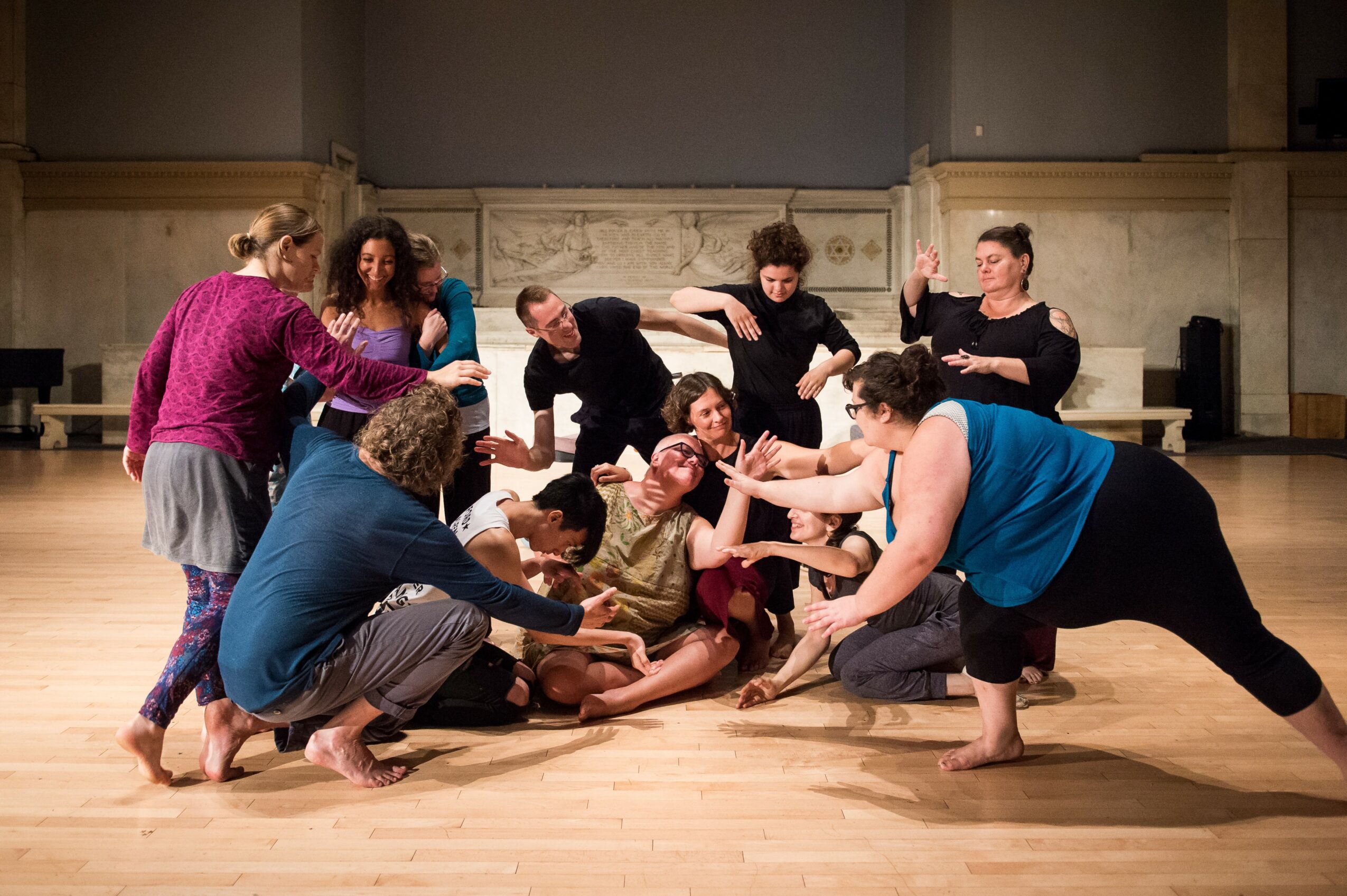
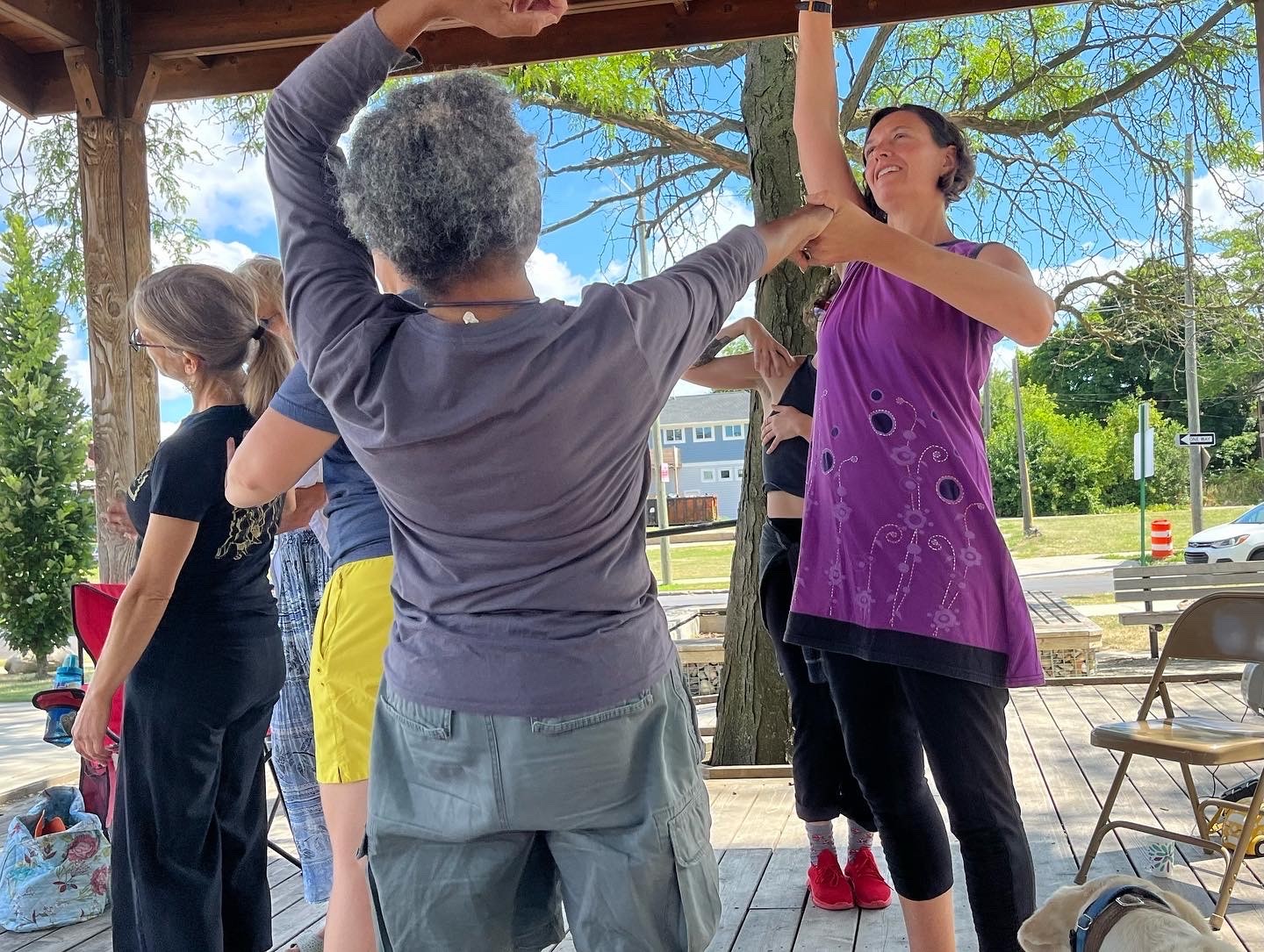
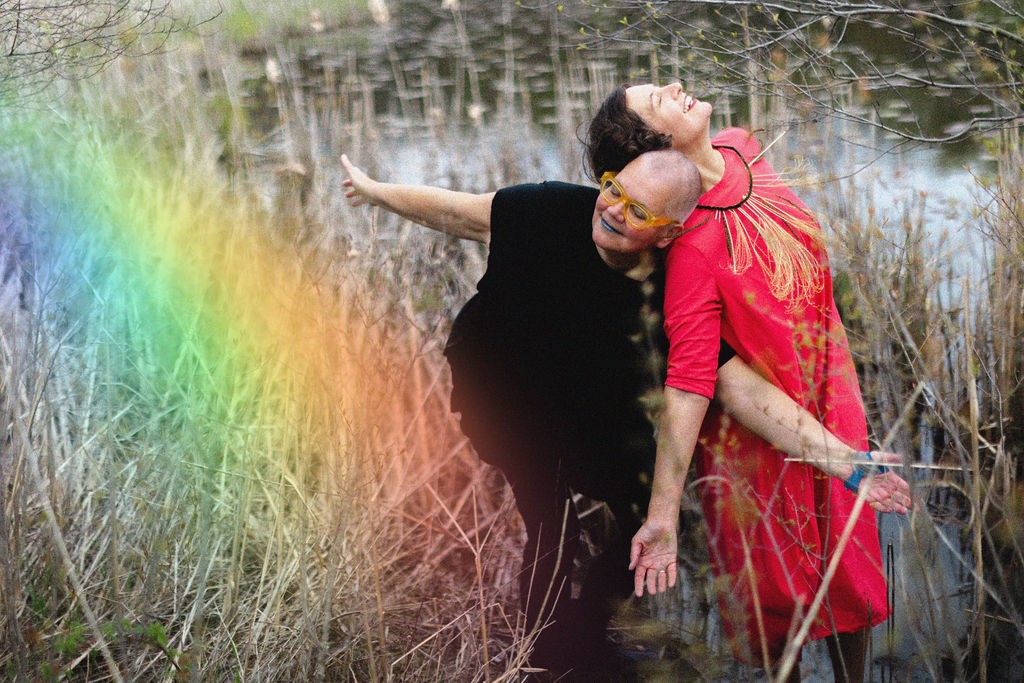
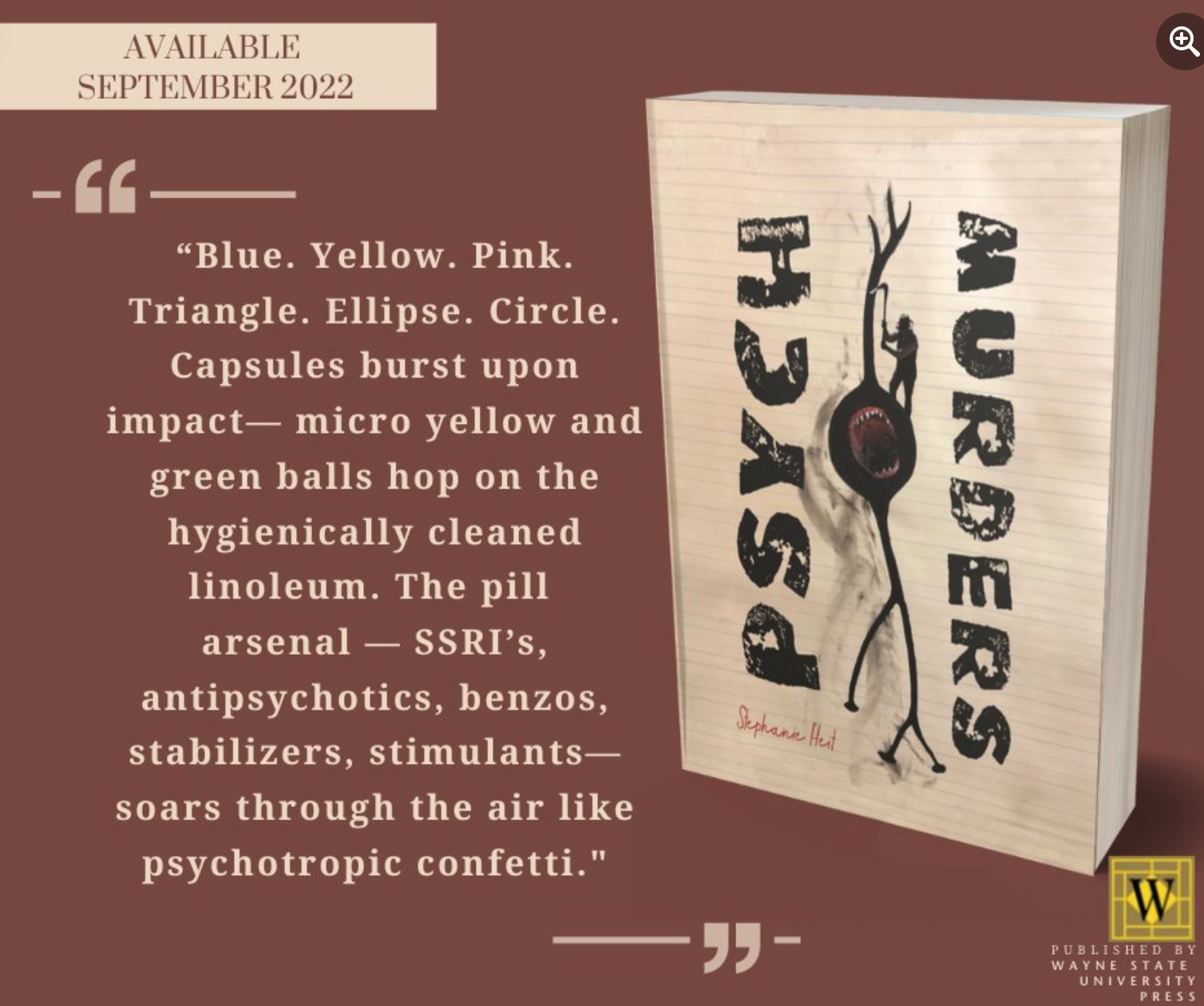
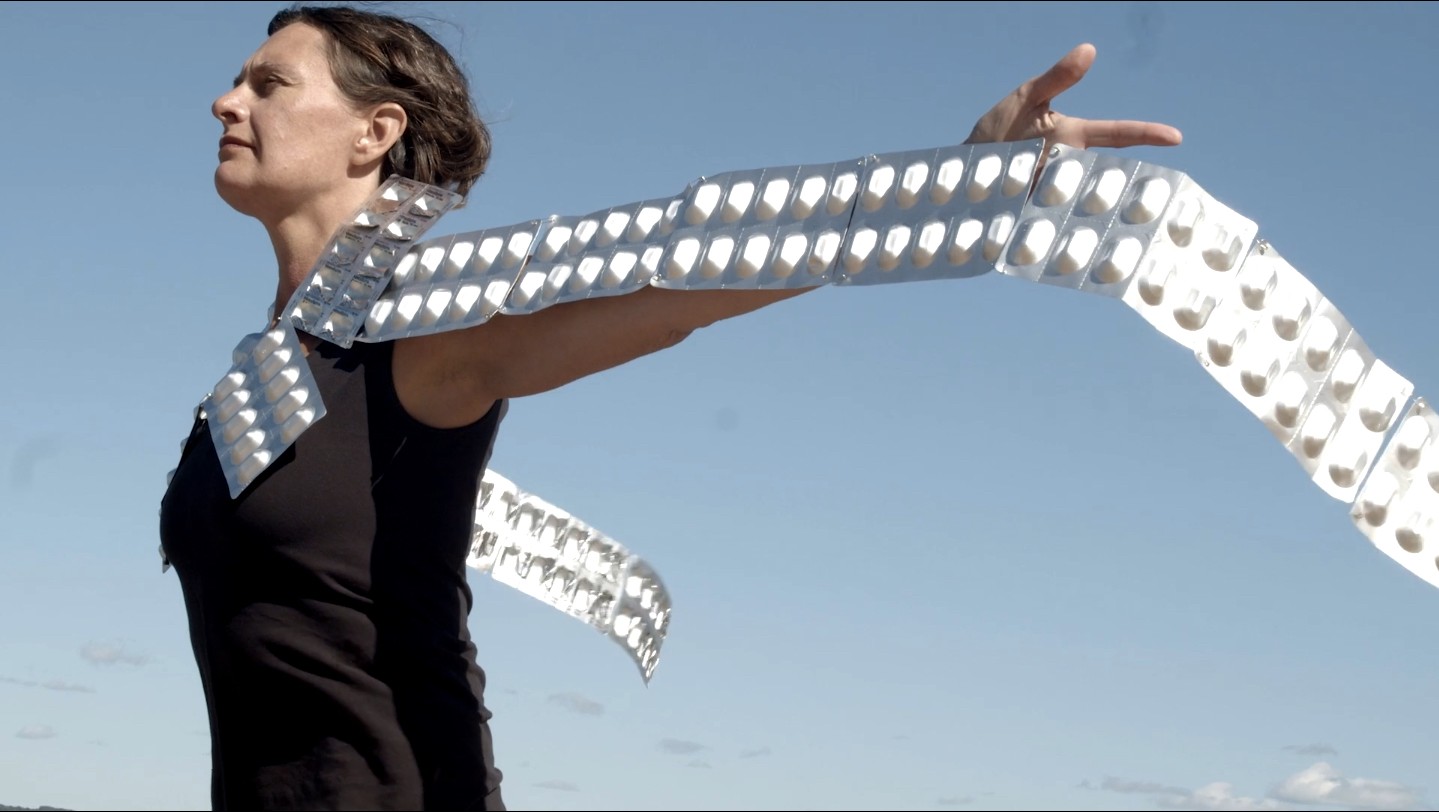
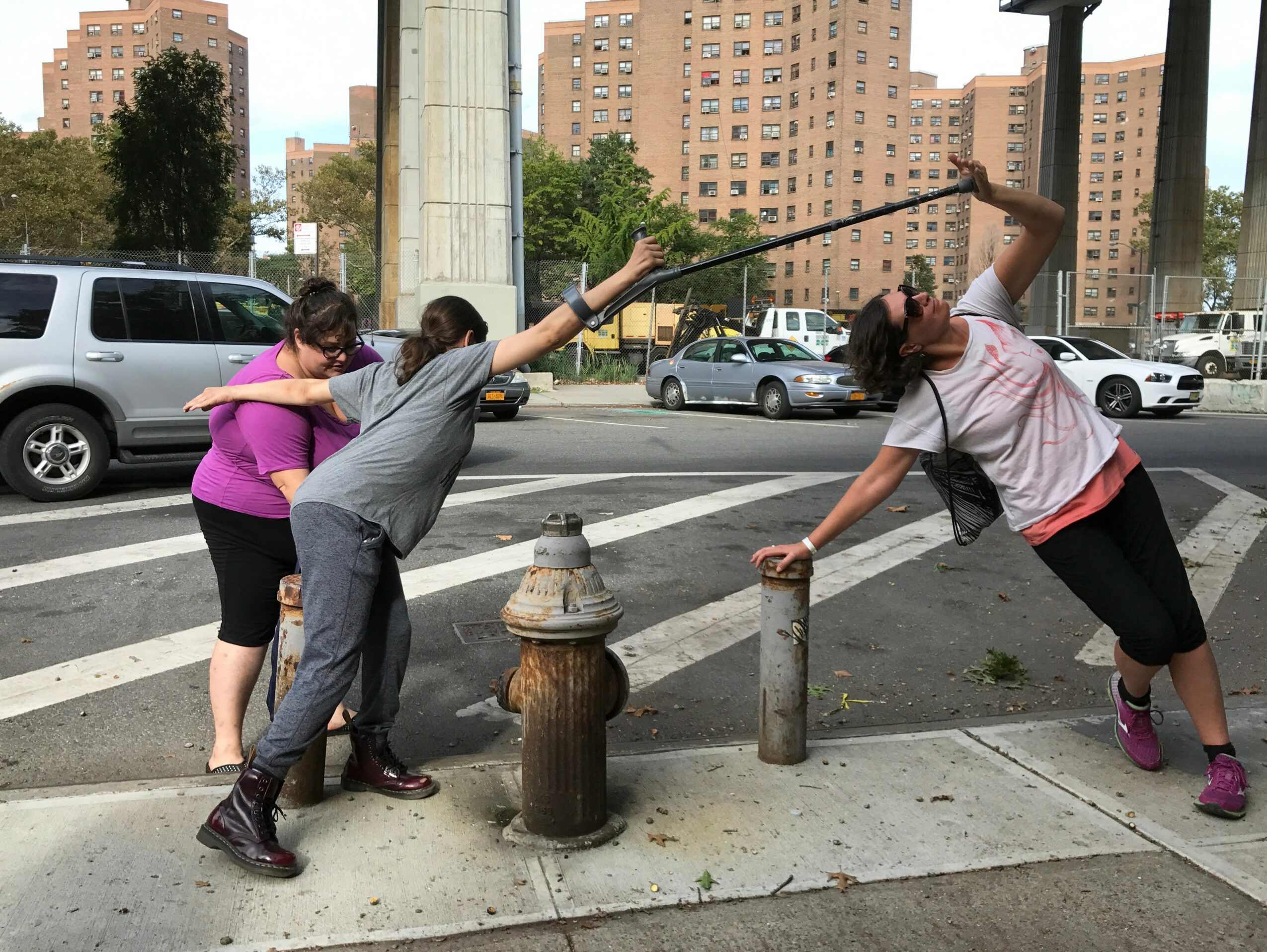
Image Credits
Tamara Wade
Charli Brissey
Ian Douglas
Stephanie
Petra Kuppers











